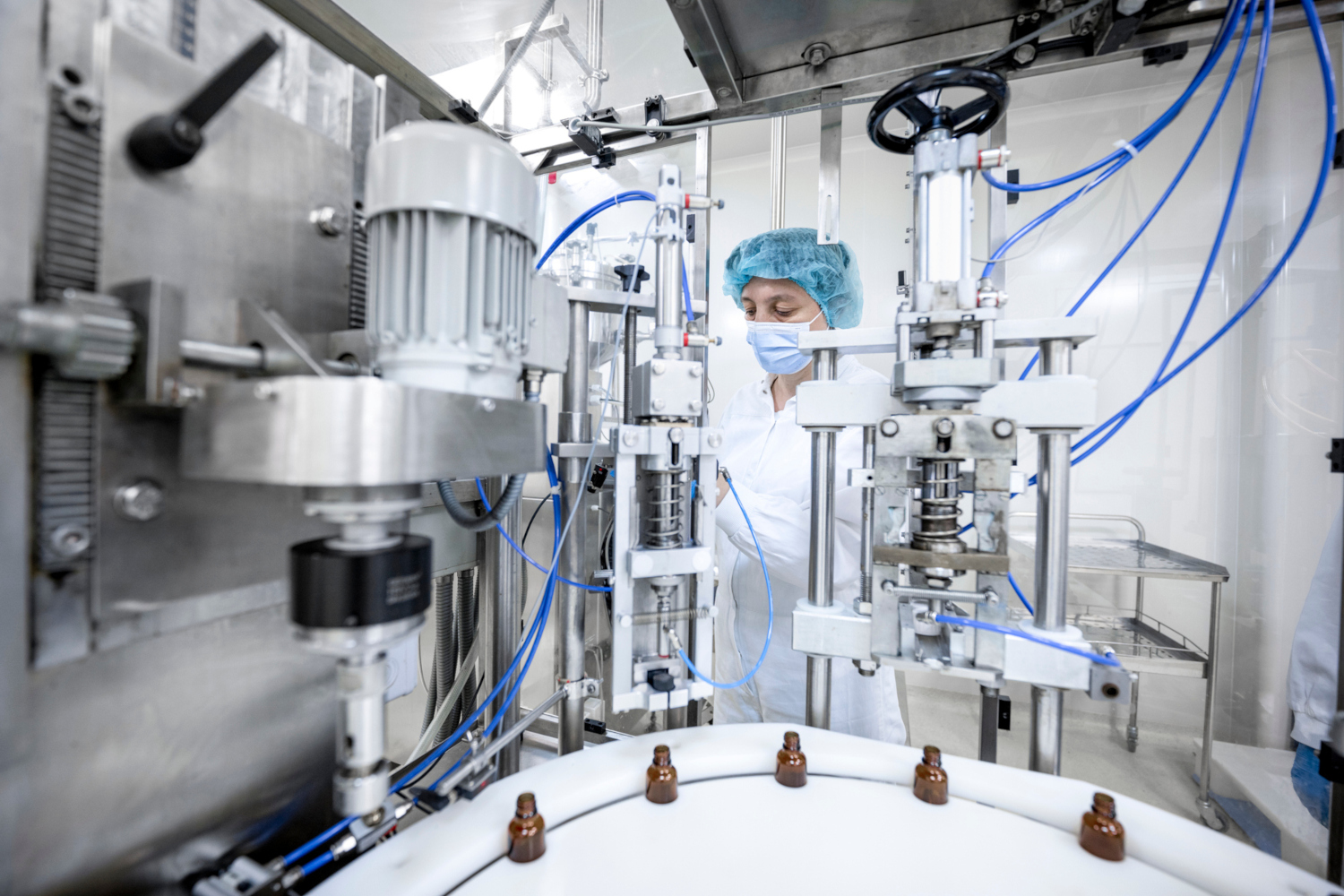CMC Analytical Control Strategies for Drug Development
An Introduction to CMC
CMC (chemistry, manufacturing, and controls) is a term used when drug developers define their investigative drug substance, establish manufacturing methods for that drug, and develop a roadmap for controlling the quality and stability of the product from early phases through post-approval production. Developers must establish measurable standards for their manufactured products which ensure that the safety, identity, strength, purity, and quality (SISPQ) for each drug batch or lot is maintained. Designing an appropriate CMC control strategy to monitor SISPQ of a product requires careful evaluation of manufacturing practices and selection of key product specifications.
Identifying the physical, chemical, biological, or microbial characteristics (critical quality attributes, CQAs) that must be monitored as part of a CMC control strategy. The CMC control strategy is typically performed through a combination of utilizing risk assessment tools and making scientific observations about the impact of changes on the product early in development. CQAs are product specific and vary widely across drug modalities and manufacturing processes. A few examples of CQAs include monitoring for product variants such as size, oxidation, or additional structural modifications of the active pharmaceutical ingredient (API) or testing for impurities that result from the manufacturing process such as residual host cell proteins.
Types of Analytical Assays Used for CMC Support
Once CQAs are identified, the appropriate limits or ranges for acceptable product quality can be further defined for each characteristic being monitored. Regulatory guidance, such as those issued by the FDA and ICH, encourage the use of phase-appropriate strategies when instituting CMC analytical programs. The analytical methods developed to report CQA values must therefore be fit-for purpose and undergo qualification or validation appropriate to the preclinical or clinical stage of the drug program.
While the analytical strategies for CMC support are driven by the modality and specific manufacturing processes for each drug product, some common approaches can be leveraged during design. For example, common CQAs and methods that may be monitored to demonstrate SISPQ of a gene therapy product include but are not limited to:
- Adventitious Agents
- Replication Competent Virus (RCV)
- Mycoplasma
- Sequence
- Structure
- Transgene Expression
- Protein Expression
- Transduction/Transfection
- Residual DNA
- Trace Impurities
- Quantity (Titer)
Potency Assays
One of the more difficult and complex analytical assays to develop and implement for CMC control strategies are potency assays. These are quantitative assays used to measure the biological response elicited by a product and are a required component of quality, batch release, and stability testing during the manufacture of therapeutic drugs. The selection of an appropriate methodology for potency testing is driven by the mechanism of action (MOA) of the therapeutic. Potency assay platforms can include cell-based, and receptor or ligand binding based assays and report the relative potency of a drug or excipient compared to a control/reference preparation (USP, WHO, etc.). Examples of potency assay endpoints include:
- Proliferation, apoptosis
- Activity assays (enzymatic, other)
- Panel screens (i.e., cytokines)
- Reporter gene expression (reporter cell lines)
- Flow Cytometry
- Protein Expression (Western blot, ELISA)
- Gene Expression (qPCR/dPCR)
- Neutralization assays (i.e., vaccines)
CMC Analytical Support at BioAgilytix
Partnering with an experienced CMC analytical provider can streamline building of a rigorous support strategy. With our extensive experience in method development and validation, BioAgilytix provides robust and reliable analytical methods to support the quantification, characterization, and assessment of CQAs across a range of therapeutic modalities. Some of the key bioanalytical testing services we provide include:
- Potency assays
- Purity and impurity analysis
- Stability testing
- Structural characterization
- Impurity profiling
- Assay development and validation
Our advanced analytical testing capabilities enable comprehensive analysis of drug substances and products, ensuring that purity, potency, stability, and impurity profiles are accurately evaluated. Speak to one of our scientists today to discuss your CMC testing questions or needs.
